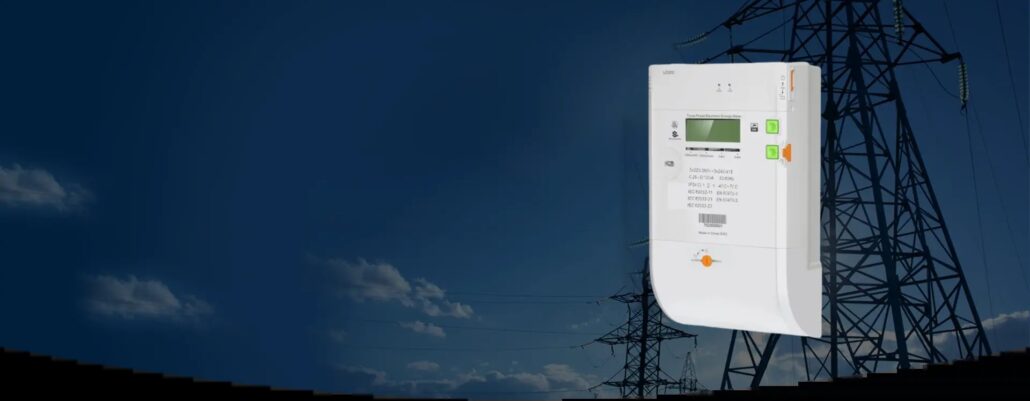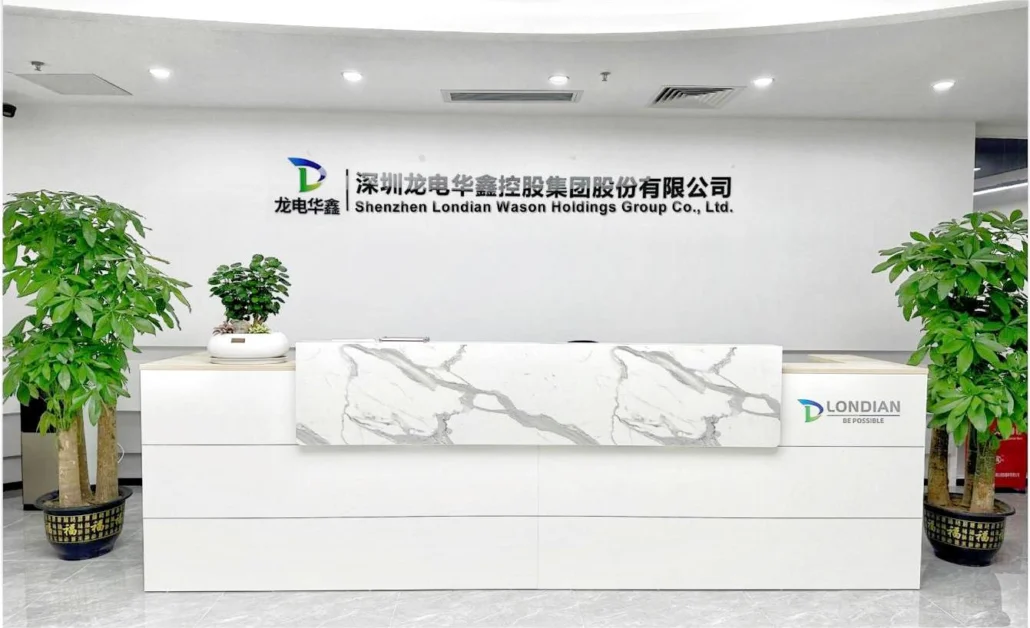In today’s rapidly advancing technological landscape, applying for a smart meter has become integral to modern infrastructure. Smart meters, digital devices that record energy consumption in real time, have transformed how utilities monitor and manage energy distribution. According to Mordor Intelligence, the global smart meter market is projected to reach 198.53 million units by 2026, growing steadily as their benefits become more widely recognized[1].
Smart meters offer numerous benefits, including accurate billing, energy consumption monitoring, and enhanced grid management. However, the decision to apply for a smart meter depends on various factors and specific scenarios where their implementation can yield the most significant benefits. This article explores the best scenarios for applying for a smart meter. By understanding these applications, stakeholders can make informed decisions about integrating smart meters into their operations, optimizing energy usage, and contributing to a more sustainable future.

Applying for Smart Meters in the Metallurgical Industry
The metallurgical industry, known for its high energy consumption, can significantly benefit from applying for a smart meter. In this sector, precise energy management is crucial due to the intensive processes involved in metal production and refinement. Smart meters provide real-time data to track energy usage, allowing plant managers to identify inefficiencies and implement cost-saving measures.
For example, by monitoring peak usage times, companies can adjust operations to off-peak hours, reducing energy costs and enhancing operational efficiency. Additionally, smart meters help in maintaining compliance with regulations by monitoring and managing energy consumption more effectively.
Applying for Smart Meters in Communication
In the communication sector, installing a smart meter is indispensable for ensuring the reliability and efficiency of network operations. Telecommunication sectors rely on a stable power supply to maintain uninterrupted service. Smart meters offer real-time data presentation that makes it easier to analyze, predict, and prevent potential power issues. This proactive approach minimizes downtime and enhances service reliability.
Furthermore, smart meters facilitate the integration of renewable energy sources into the communication infrastructure. This not only reduces operational costs but also supports sustainability initiatives by decreasing the carbon footprint of telecommunication networks.
Applying for Smart Meters in Rental Apartment & Commercial Establishments
Applying for a smart meter in rental apartments and commercial establishments offers numerous advantages:
Accurate Billing: Smart meters eliminate disputes by providing precise energy consumption data, ensuring tenants and businesses are billed accurately.
Energy Efficiency: Real-time reading fluctuations help identify high-consumption periods, allowing property managers to implement energy-saving measures.
Tenant Satisfaction: Enhanced transparency and the ability to monitor individual consumption boost tenant satisfaction.
Cost Management: Businesses can manage operational costs better by monitoring and adjusting their energy use based on detailed consumption patterns.
Applying for Smart Meter in Aging Infrastructure
For aging infrastructure, applying for a smart meter can be transformative:
Monitoring and Maintenance: Smart meters provide continuous monitoring, helping identify and address issues before they escalate.
Preventing Failures: Real-time data allows for proactive maintenance, reducing the risk of unexpected outages.
Energy Optimization: Smart meters help optimize energy distribution, ensuring older systems operate more efficiently.
Cost Savings: By detecting inefficiencies and reducing wastage, smart meters help lower maintenance and operational costs.
Upgrading Capabilities: Integrating smart meters facilitates future upgrades, making it easier to transition to more advanced energy systems.
Introducing Londian’s LD302 Smart Meter Performance
Our Londian’s LD302, a three-phase smart meter, stands out for its reliability and advanced features. Operating in postpaid mode, it offers stable and accurate measurement functions. The electric meter box supports various plug-and-play communication modules, including RF, PLC, cellular, and other wired/wireless options. It’s versatile to be widely used in many applications, like residential areas, school government agencies, communication infrastructure, industrial parks, shopping malls and more.
Here are more specifications you should know about this 3-phase smart meter:
Voltage Range: 3*100~3*240V
Current Range: Up to 3*5(100)A
Measurement Accuracy: classe 0.5S/ 1.0 / classe B/C réactive: classe 1.0 /2.0
Communication: Infrared, RS485, M-Bus, Cellular, PLC, 2.4G/SUB 1G wireless
Battery Options: Internal lithium, exchangeable, supercapacitor
Anti-tamper Features: Load unbalance, covers open detection, neutral detection, and magnetic field detection.
This smart meter ensures safe, reliable, and environment-friendly energy monitoring, making it an excellent choice for diverse applications.
Conclusion

In conclusion, applying for a smart meter offers numerous advantages across various sectors, including the metallurgical industry, communication, rental apartments, commercial establishments, and aging infrastructure. It is an excellent choice for investing in Londian’s LD302 three-phase smart meter with its reliable performance and advanced features.
As a result, stakeholders can achieve improved energy efficiency, accurate billing, and enhanced grid management. As one of the leading electric meter manufacturers, we, Londian, can ensure that users receive top-notch products and services, fostering a sustainable energy future. If you are interested, please visit our official website and contact us today!
